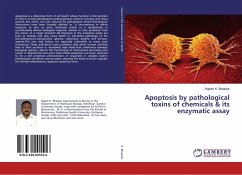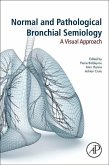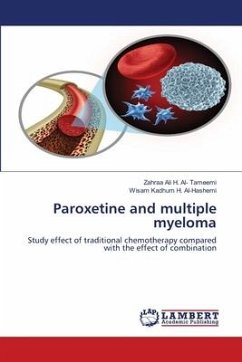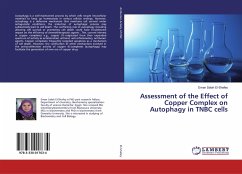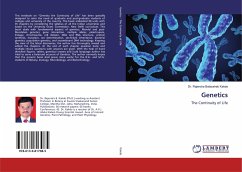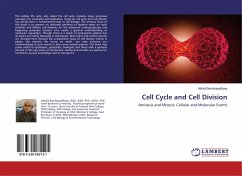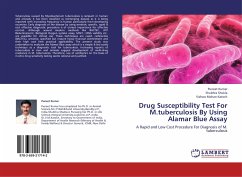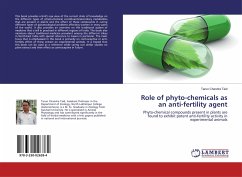Apoptosis is a distinctive form of cell death whose function is the deletion of cells in normal development,embryogenesis, immune function and tissue growth but which can also induced by pathological stimuli.Toxicological interactions have been broadly defined as "a circumstance in which exposure to two or more chemicals results in a qualitatively or quantitatively altered biological response relative to that predicted from the action of a single chemical".All chemicals in the industrial waste are toxic to animals and may cause death or sub-lethal pathology of the liver,kidney,heart,reproductive systems, respiratory systems and nervous systems.The liver and kidney are especially vulnerable to many toxic substances. These pollutants cause problems only when human activities lead to their presence in excessively high levels.Toxic substances damage biological systems, disturb the functioning of biochemical processing and results in detrimental and even fatal effects.Apoptosis has been reported to be a self protective phenomenon of organisms in complex patho-physiological conditions during sepsis, allowing the body to down regulate the intense inflammatory response caused by necro
Bitte wählen Sie Ihr Anliegen aus.
Rechnungen
Retourenschein anfordern
Bestellstatus
Storno

